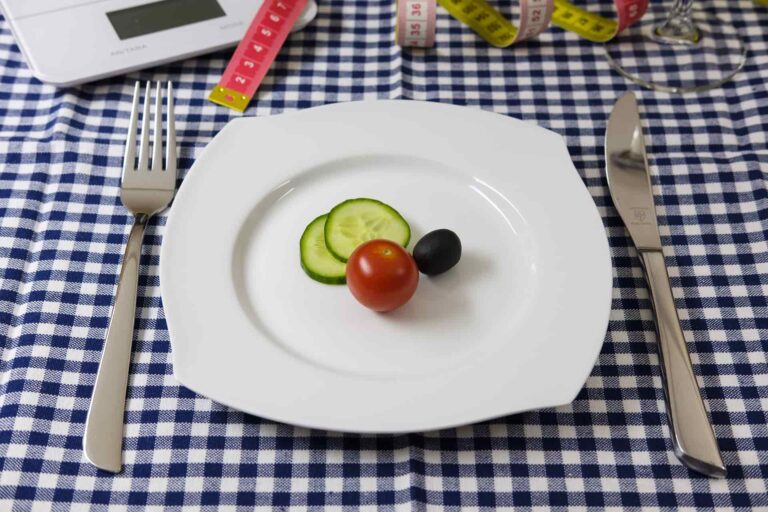Lemon: Health Benefit, Origin, Season, Nutritional value and use
The lemon is an all-round talent. The aromatic lemon peel helps to refine sweets, desserts and hearty dishes. In addition, lemons are real vitamin C bombs that are part of a good immune system.
Lemons are yellow fruits that taste extremely sour. Their weight can be up to 125 grams, depending on the variety.
Inside there are several “compartments” in which the pulp and the juice of the lemon are stored.
The pleasantly scented lemon oil is in the peel, which should only be used by untreated lemons. This also provides the pleasant lemon scent, which is said to have a mood-enhancing effect.
Origin
Lemons were grown in China for thousands of years. The lemons were transported to Europe by the Arabs and distributed there.
The preferred growing areas are in the subtropical and temperate climates . In the countries around the Mediterranean like Spain, Italy, Greece, Cyprus, Israel and Turkey the sour fruits grow preferentially.
Season
Lemons are available in our supermarkets all year round, as they ripen at very different times in the various growing regions and they don’t necessarily have to be harvested immediately when they are ripe.
If the skin is still a little green, it does not say anything about the ripeness of a lemon. It is important that it has a good weight and that the peel gives off a pleasant scent when rubbed.
Taste
The taste of a lemon is actually known, especially sour. just typical of lemon.
Use in the kitchen
Since lemons are very sour, they are usually not eaten pure, but rather eaten to refine other dishes.
In most cases, the juice is especially interesting for cooking and drinking.
To do this, the lemon is simply cut in half and squeezed out either by hand or using a juicer.
The juice can be used, for example, to make cocktails, mix salad dressings or refine fish and meat dishes.
Tip: The longer the lemon is stored, the more healthy nutrients are lost, the same applies to cooking, of course.
Lemon juice is also needed to protect fruit from turning brown.

Tip: If only the aroma of lemons is required, the lemon peel of an untreated lemon is rubbed with a fine grater. Thanks to the essential oils, the finely grated lemon zest season dressings, fish or pastries.
Tip: A good trick is to roll the lemon vigorously back and forth on the worktop a few times before squeezing – this gives more juice and is easier to process.
Storage / shelf life
If you store lemons in a dark and cool place (preferably in the cellar) (but not in the refrigerator), they can last up to 3 months, depending on the variety. Preferably 10 to 15 degrees should prevail. If the lemon has already been cut, it should still be kept in the refrigerator.
Tip: However, they should not be stored together with apples, as this speed up the ripening process.
Nutritional value / active ingredients
- 100 g of lemon have just 35 kilocalories.
- The fruits are very rich in vitamin C – an impressive 53 mg are contained in 100 g.
- B vitamins are also part of the high water content, as are vitamins A and E, potassium, calcium, magnesium and iron.
- Eating lemons can lower a fever.
- The vitamin C it contains can improve the immune system.
- Lemons also have an appetizing effect and can kill viruses and bacteria in the body.
- In addition, the fruit can also help with weight loss and ensures firm skin.
- It can also detoxify the body after a long night – hangover killer.






